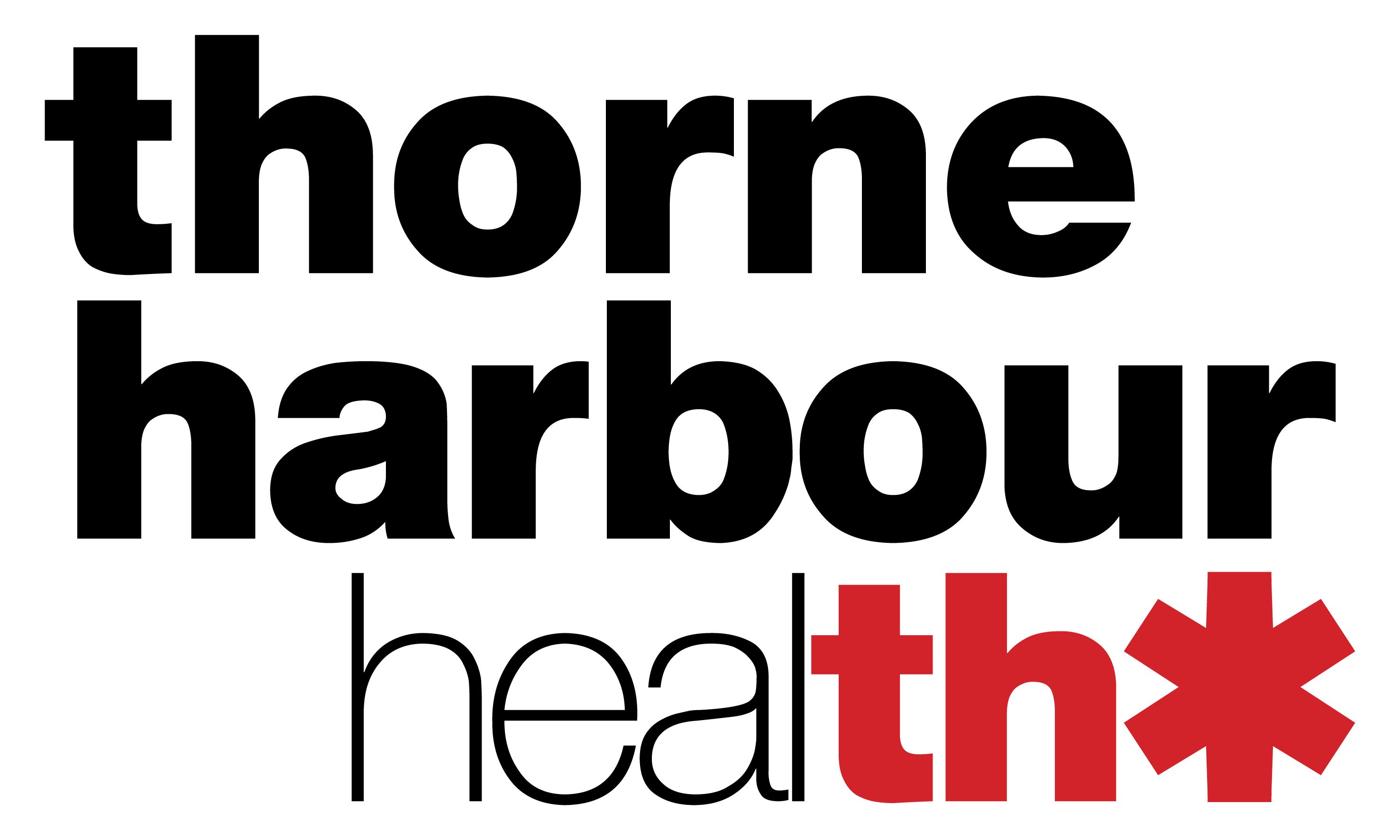IMPORTANT: registrations for training will become live approximately two months prior to start of training. To enrol in this or any training, you must click the link below and fill in the registration. If you do not complete the registration, you will not have a place in the training. If you experience a broken link, please get in touch with us at elevate@vaada.org.au
****
This training is facilitated by transgender and gender diverse identified trainers and will support you and your organisation to:
- Build understanding of trans and gender diverse health and wellbeing
- Understand the importance and use of respectful and appropriate language
- Understand the impact of discrimination on trans and gender diverse people
- Understand and apply the legislative and legal requirements to respect and recognise gender identity
- Explore and develop trans and gender diverse policy and practice recommendations
- Develop strategies to create cultural safety
IMPORTANT: registrations for training will become live approximately two months prior to start of training. To enrol in this or any training, you must click the link below and fill in the registration. If you do not complete the registration, you will not have a place in the training. If you experience a broken link, please get in touch with us at elevate@vaada.org.au
****
The Advanced Supervision Skills training package includes a pre-workshop e-learn and a half-day online workshop focusing on discussions and skill-building activities to apply learnings. It has been designed for those who have completed the Supervision Skills Foundations training and who are seeking to further expand their supervisory skills.
What is covered?
Building on the learnings in the Foundations Package, this training further explores reflective practice approaches, and provides information and skills for facilitating group supervision sessions, responding to challenges in supervision and tailoring supervision to supervisees needs. Ethical and legal considerations in supervision are also explored.
IMPORTANT: registrations for training will become live approximately two months prior to start of training. To enrol in this or any training, you must click the link below and fill in the registration. If you do not complete the registration, you will not have a place in the training. If you experience a broken link, please get in touch with us at elevate@vaada.org.au
****
This half-day module builds on the Superskills for Supervisors core and Top-up workshops and allows supervisors to delve more deeply into supervision models, practices and issues related to delivering group supervision.
IMPORTANT: registrations for training will become live approximately two months prior to start of training. To enrol in this or any training, you must click the link below and fill in the registration. If you do not complete the registration, you will not have a place in the training. If you experience a broken link, please get in touch with us at elevate@vaada.org.au
****
IMPORTANT: registrations for training will become live approximately two months prior to start of training. To enrol in this or any training, you must click the link below and fill in the registration. If you do not complete the registration, you will not have a place in the training. If you experience a broken link, please get in touch with us at elevate@vaada.org.au
****
This half-day module builds on the Superskills for supervisors core and top-up workshops and allows supervisors to delve more deeply into supervision models, practices and issues related to residential settings.




